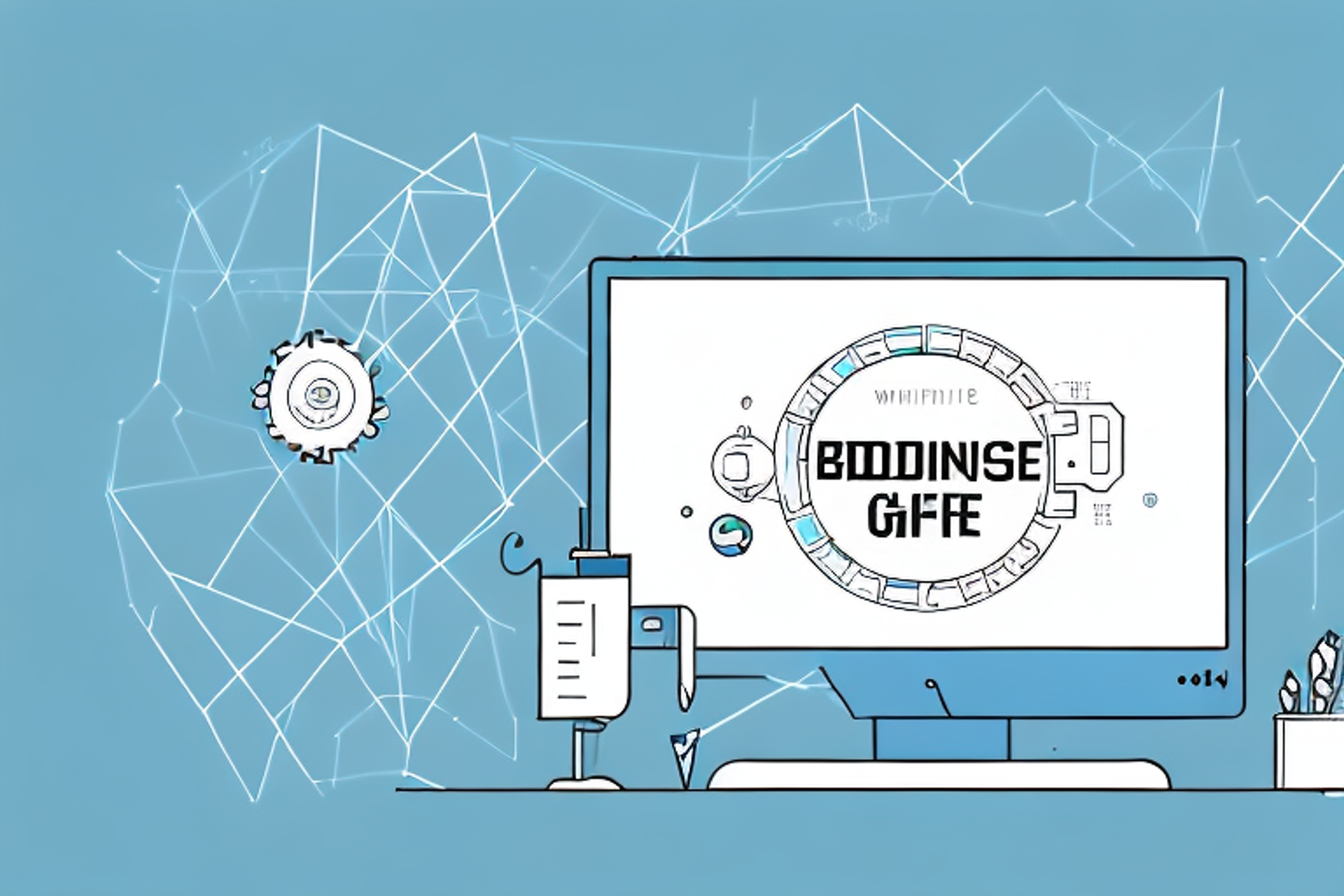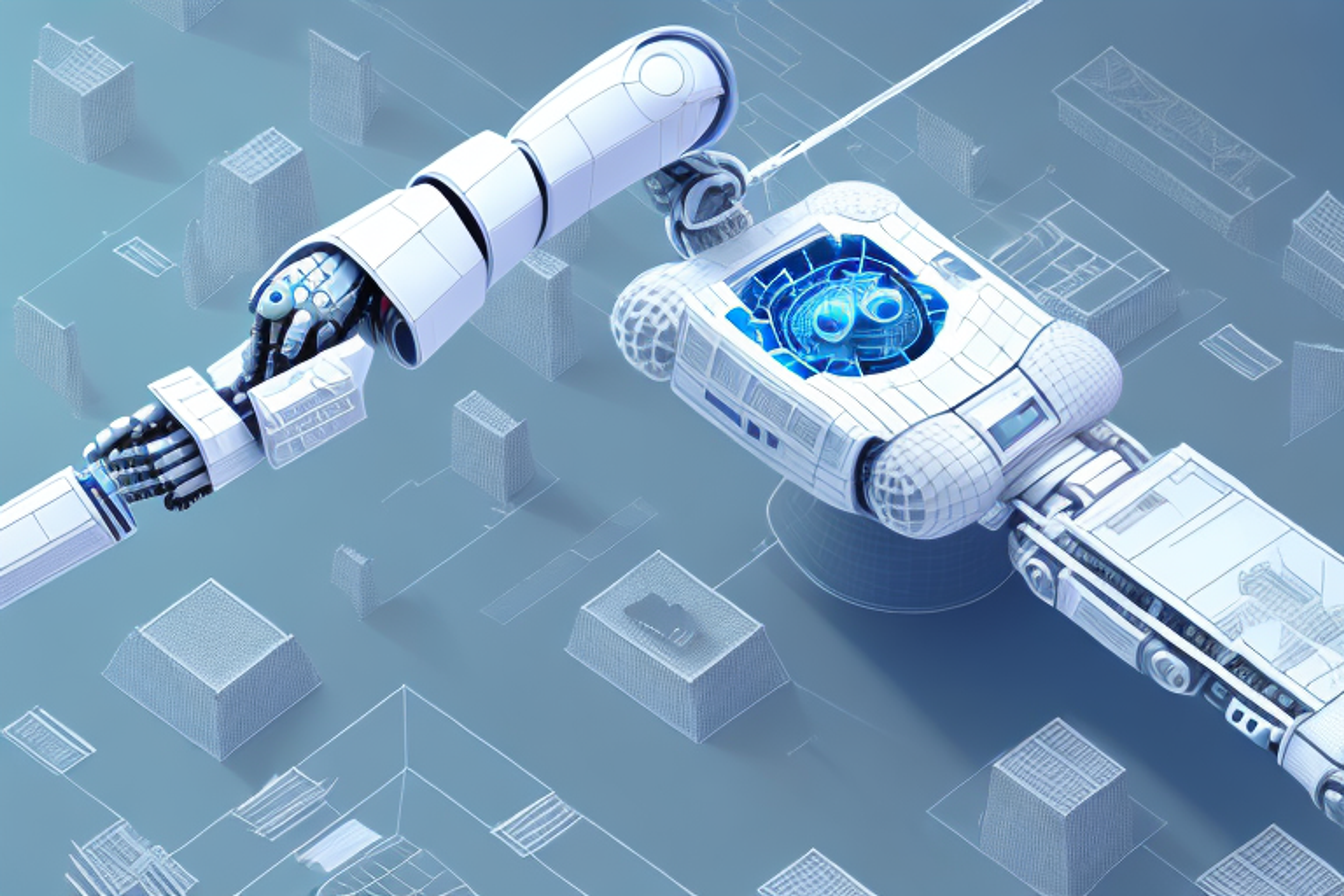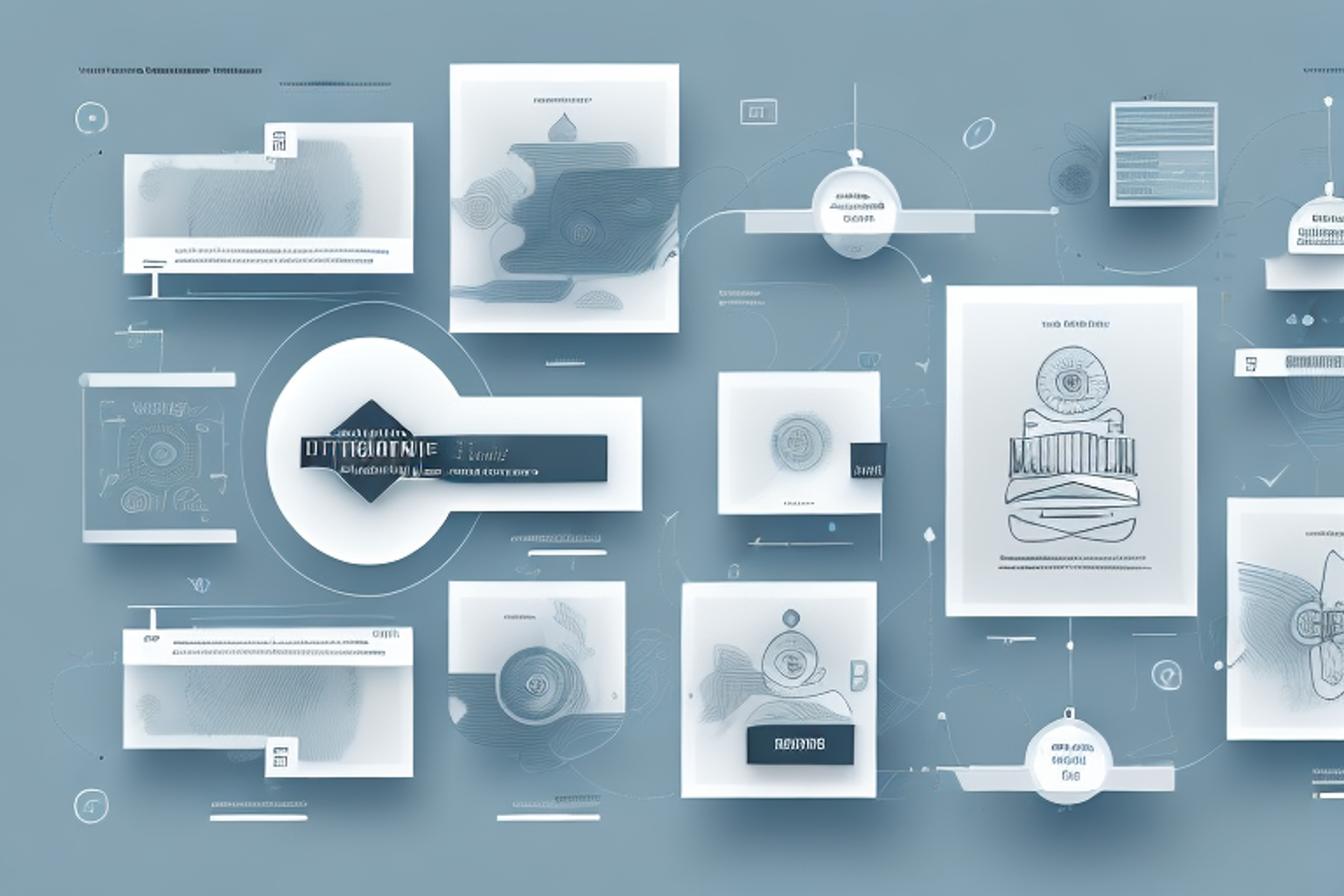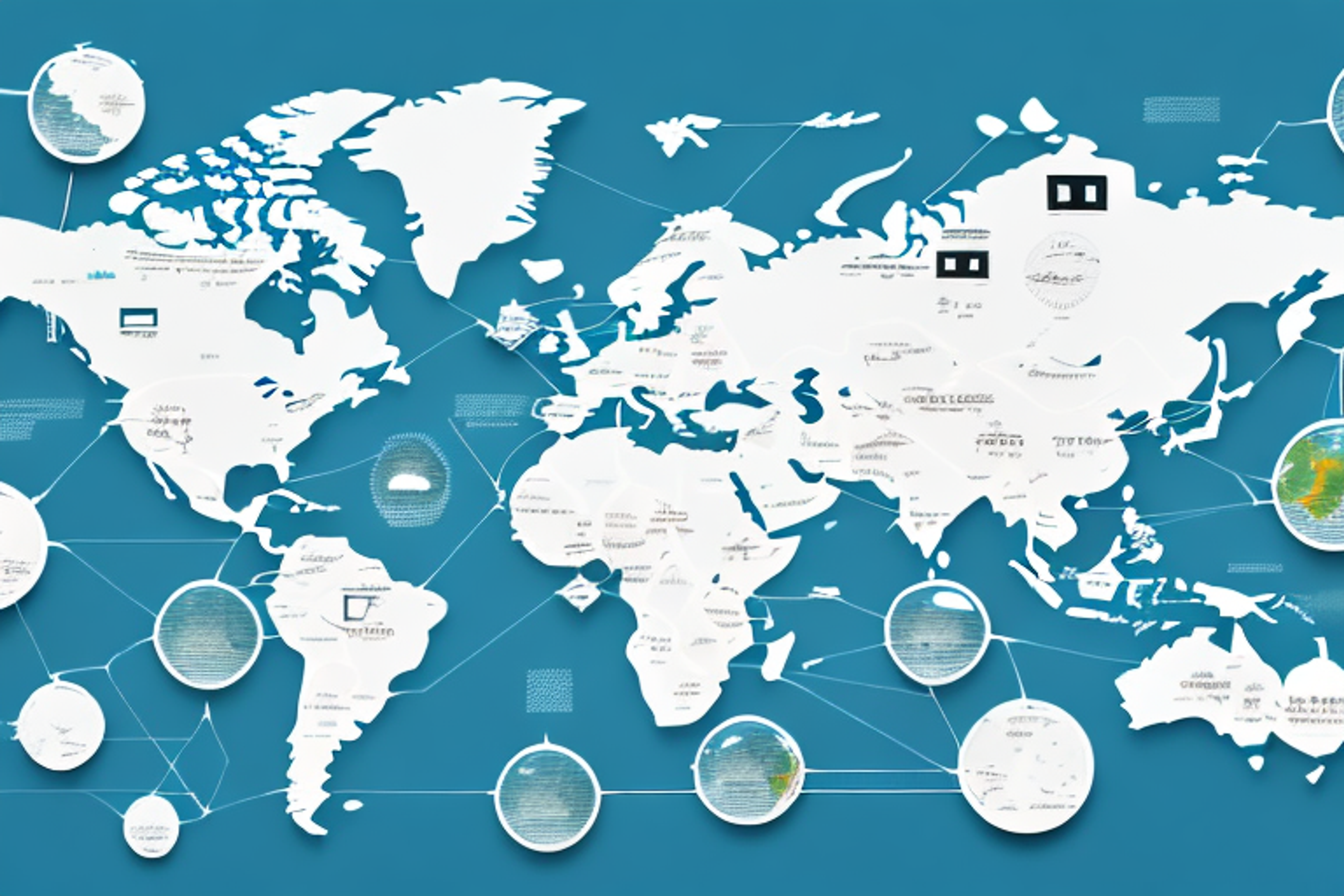How Will the Rise of AI Affect Software Engineering Jobs? An In-Depth Look at Trends and Predictions
Discover the impact of AI on software engineering jobs in this in-depth analysis.
Posted April 10, 2025
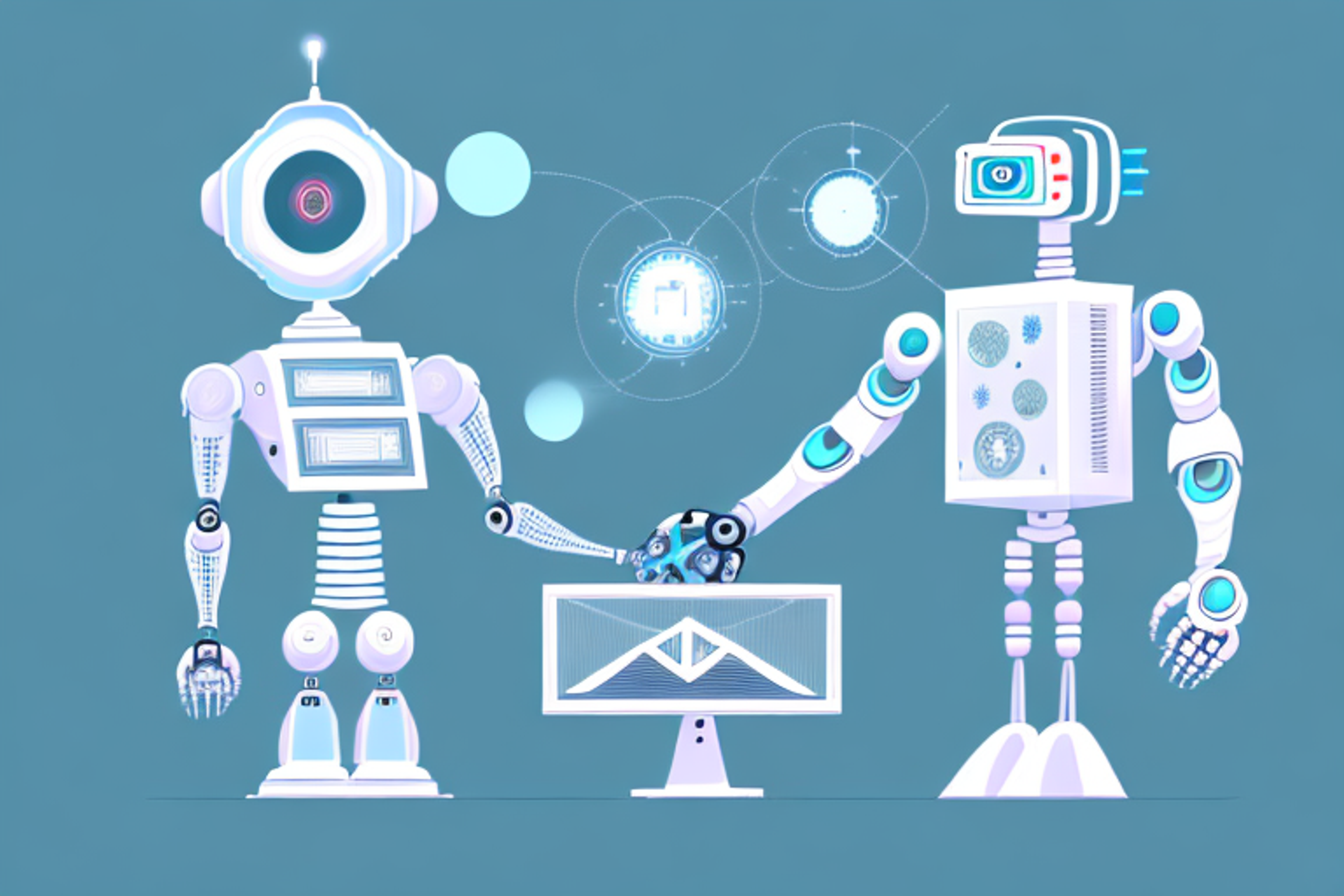
Table of Contents
As the impact of artificial intelligence (AI) continues to grow, its effect on the job market is becoming increasingly evident. Software engineering, in particular, is primed for significant changes as the technology continues to advance. In this article, we will take an in-depth look at the trends and predictions surrounding the rise of AI in software engineering jobs.
Introduction: Understanding the Impact of AI on Software Engineering Jobs
Artificial intelligence refers to the ability of machines to perform tasks that typically require human intelligence. In recent years, AI has become increasingly capable of completing complex tasks, leading many to wonder about the technology's impact on the job market. Software engineering, in particular, is one field that is poised for significant changes, as AI becomes more ubiquitous.
One potential impact of AI on software engineering jobs is the automation of certain tasks. For example, AI can be used to automatically generate code or to test software, reducing the need for human intervention. This could lead to a decrease in demand for certain types of software engineering jobs, such as manual testing or code generation.
However, AI also has the potential to create new job opportunities in software engineering. As AI becomes more prevalent, there will be a need for engineers who can design and develop AI systems. Additionally, software engineers who are able to work with AI and integrate it into their work will be in high demand.
The Evolution of AI and Its Impact on the Job Market
The impact of AI on the job market has been a topic of discussion for years, but the technology has now reached a level of sophistication that could lead to significant disruption in various industries. In software engineering, AI is already being used to automate mundane tasks, allowing developers to focus on more complex tasks. However, as AI continues to evolve, it may eventually lead to the complete automation of certain job roles, which could have wide-ranging implications for the job market.
One potential impact of AI on the job market is the creation of new job roles that require skills in working with and managing AI systems. As AI becomes more prevalent in various industries, there will be a growing need for individuals who can develop, implement, and maintain these systems. This could lead to a shift in the types of skills and education that are in demand in the job market, as well as the need for ongoing training and upskilling for existing workers.
Understanding the Current Trends in the Software Engineering Industry
Software engineering is an ever-changing field, and as such, it is critical to understand the current trends and developments in the industry. One of the most significant trends in software engineering is the use of agile development methodologies, which emphasize collaboration and iterative development. Additionally, there is a growing focus on DevOps, which aims to streamline the integration of development and operations teams.
Another trend in software engineering is the increasing use of artificial intelligence and machine learning. These technologies are being used to automate tasks, improve decision-making, and enhance the overall user experience. As a result, software engineers are now required to have a basic understanding of these technologies and how they can be integrated into software applications.
Furthermore, there is a growing demand for software engineers who specialize in cybersecurity. With the increasing number of cyber threats and attacks, companies are looking for professionals who can develop secure software applications and protect their systems from potential breaches. As a result, software engineers who have expertise in cybersecurity are in high demand and can command higher salaries.
The Pros and Cons of AI Implementation in Software Development
The implementation of AI in software development has numerous benefits, such as increased efficiency and reduced costs. However, there are also potential drawbacks. For example, there is a risk that AI could result in the displacement of human workers, and there are also concerns about the ethical implications of AI development. It is critical to carefully consider the pros and cons of AI implementation before deciding whether to implement it in software development.
One of the major benefits of AI implementation in software development is its ability to analyze large amounts of data quickly and accurately. This can lead to more informed decision-making and improved outcomes. Additionally, AI can help identify patterns and trends that may not be immediately apparent to human developers. However, there are also concerns about the potential for AI to perpetuate biases and discrimination, particularly if the data used to train the AI is biased. It is important to address these issues and ensure that AI is developed and implemented in an ethical and responsible manner.
How AI is Changing the Nature of Software Engineering Jobs
As AI continues to develop, its impact on software engineering jobs will become increasingly apparent. For example, AI may allow developers to create software faster and more efficiently than ever before, but it may also lead to the displacement of human workers. Additionally, AI could lead to the creation of new software engineering roles that require specialized skills in AI development and implementation.
Furthermore, AI is also changing the way software engineers approach problem-solving. With the help of AI, engineers can now analyze large amounts of data and identify patterns that were previously impossible to detect. This allows them to make more informed decisions and create more effective solutions. However, it also means that software engineers will need to have a strong understanding of AI and its capabilities in order to stay competitive in the job market.
The Future of Software Engineering: Predictions and Forecasts
The future of software engineering is difficult to predict, but it is clear that AI will have a significant impact on the industry. Some experts predict that AI could lead to the eventual automation of many software engineering roles, while others believe that it will lead to new job opportunities in AI development and implementation. Regardless of the outcome, it is essential for software engineers to stay up-to-date with the latest trends and developments in the industry.
The Role of Human Expertise in an AI-Driven Software Engineering Industry
AI may be capable of completing many tasks that were once the exclusive domain of human workers, but there is still a critical role for human expertise in software engineering. While AI can automate mundane tasks, it cannot replicate human creativity or critical thinking. As such, it is essential for software engineers to maintain their expertise and continue to develop their skills, even as AI becomes more advanced.
Moreover, human expertise is crucial in ensuring that AI-driven software engineering is ethical and responsible. As AI becomes more integrated into software development, it is important to consider the potential impact on society and individuals. Human experts can provide the necessary oversight and guidance to ensure that AI is used in a way that benefits everyone and does not perpetuate biases or discrimination. Therefore, the role of human expertise in an AI-driven software engineering industry is not only important for technical reasons but also for ethical considerations.
How to Prepare for an AI-Driven Future as a Software Engineer
The rise of AI is set to have a significant impact on the software engineering industry, and it is essential for developers to prepare for this new reality. One way to do this is by developing expertise in AI development and implementation, which may become increasingly important in the industry. Additionally, it is critical to stay up-to-date with the latest trends and developments in software engineering, to ensure that you stay competitive in an AI-driven job market.
The Ethical and Legal Implications of AI Implementation in the Job Market
As AI becomes more prevalent in the job market, there are numerous ethical and legal implications to consider. For example, there is a risk that AI could perpetuate existing biases or create new ones. Additionally, there are concerns about the use of AI for surveillance or other potentially invasive purposes. As such, it is critical for developers and policymakers to carefully consider the ethical and legal implications of AI implementation in the job market.
Case Studies: Real-Life Examples of AI Implementation in Software Engineering
There are numerous real-life examples of AI implementation in software engineering, which can help us understand the potential benefits and drawbacks of the technology. For example, some companies are using AI to automate testing or to identify potential bugs in software code. Others are using AI to develop more intelligent software solutions that can adapt to changing user needs. These case studies highlight the versatility of AI and its potential uses in software engineering.
Conclusion: Navigating an AI-Driven Job Market as a Software Engineer
The rise of AI is set to have a significant impact on the software engineering industry, and it is important for developers to stay informed and adapt to these changes. AI has the potential to automate many tasks in software engineering, but it cannot replicate the creativity and critical thinking of human workers. As such, it is essential to maintain expertise and develop new skills, such as AI development and implementation. Ultimately, navigating an AI-driven job market requires a willingness to adapt to new technologies and stay up-to-date with the latest trends and developments in software engineering.
